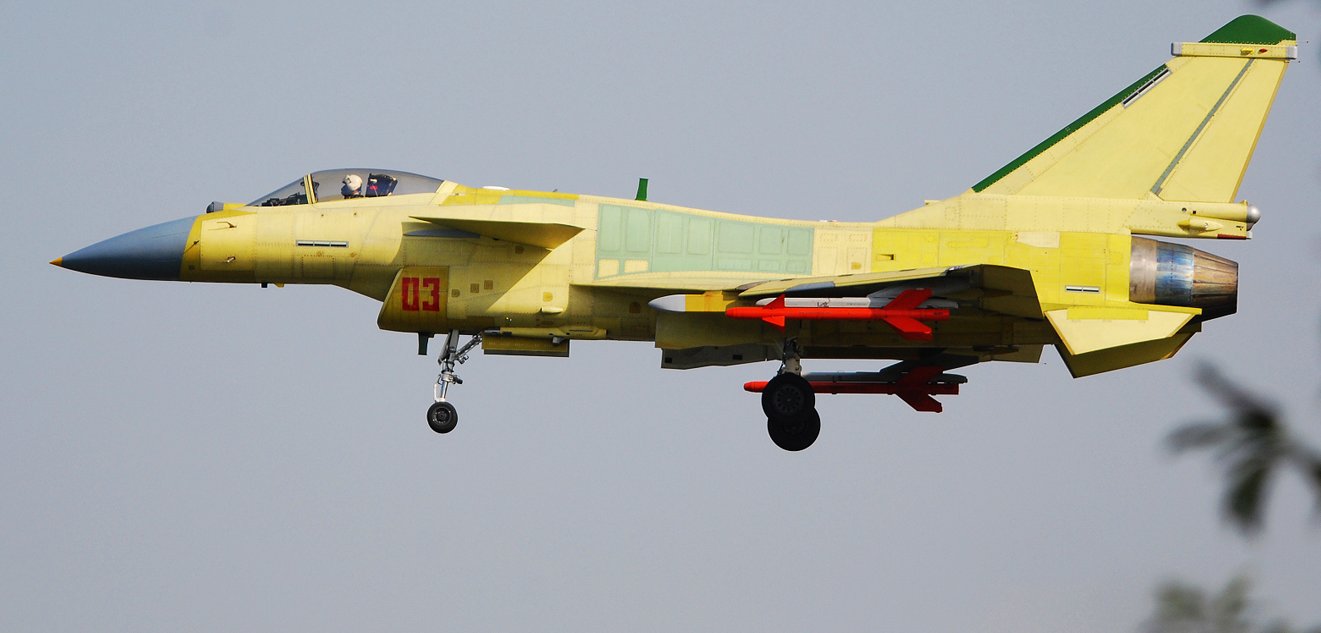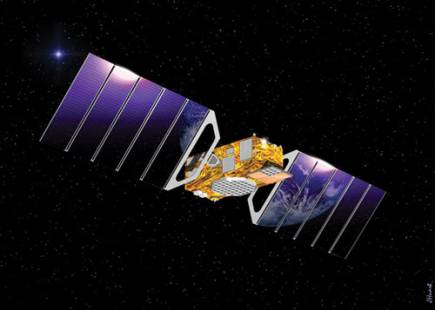A large array of domestic and foreign new fighters including J-10, J-31 and Su-35 will appear at the 10th China International Aviation & Aerospace Exhibition (Airshow China 2014) during November 11 to 16, 2014.
Wu Guohui, a professor from the National Defense University (NDU) of the Chinese People’s Liberation Army (PLA), said in an interview that China has made remarkable headway in its home-made fighters and “Taihang” aviation engines, and [fewer] imported engines will be fitted in China’s fighters in the future.
Home-made engines will play a major role in China’s future fighters with a small number of imports
Engines have always been a weak link in the development of China’s aviation industry. Although China has successfully developed the “Taihang” engine, it hasn’t been applied in fighters on a large scale yet.
The “Taihang” engine is China’s first high-performance, high-thrust and afterburning turbofan engine with independent intellectual property right (IPR), which fills the blank of domestically-produced advanced turbofan engine.
China has made substantial progress in domestically-produced engines and fighters, but the fact is that its overall airplane production capacity cannot meet the demand for military equipment upgrade. For instance, the engines for J-10 are mostly imported from Russia.
“The military has a large demand, but we are unable to produce enough products,” said Wu Guohui, adding that “in the future, we’ll mainly use locally-produced equipment and import some as supplement, which will not only improve our overall combat capability, but also boost the development of Chinese aviation industry. China will import fewer and fewer fighter engines. It will be inevitable.”
New-generation fighters will be expensive but with significantly-enhanced combat performance
The high cost of a fighter is a serious issue faced by all countries around the world. The unit price of a F-16 fighter was less than $20 million in the 1990s, but it’s over $40 million now, and the unit price of a new-type F-35 stealth fighter is even up to $140 million.
“We have used a lot of new technologies in the engine, avionics and stealth materials of a fighter, and invested immensely in front-end research and development. Therefore, the new-generation fighter independently developed by China will surely be much more expensive than the third-generation fighter, but still a little cheaper than imported fighter of the same type,” said Wu Guohui.
Due to the high price and the significantly-improved combat capability, there won’t be as many new fighters in the future as in the past.
“The missile range of current fighters is several hundreds of kilometers, and the airspace that a fighter can control is obviously expanded, so there is no need for a lot of equipment to meet the combat demand,” Wu Guohui added.











